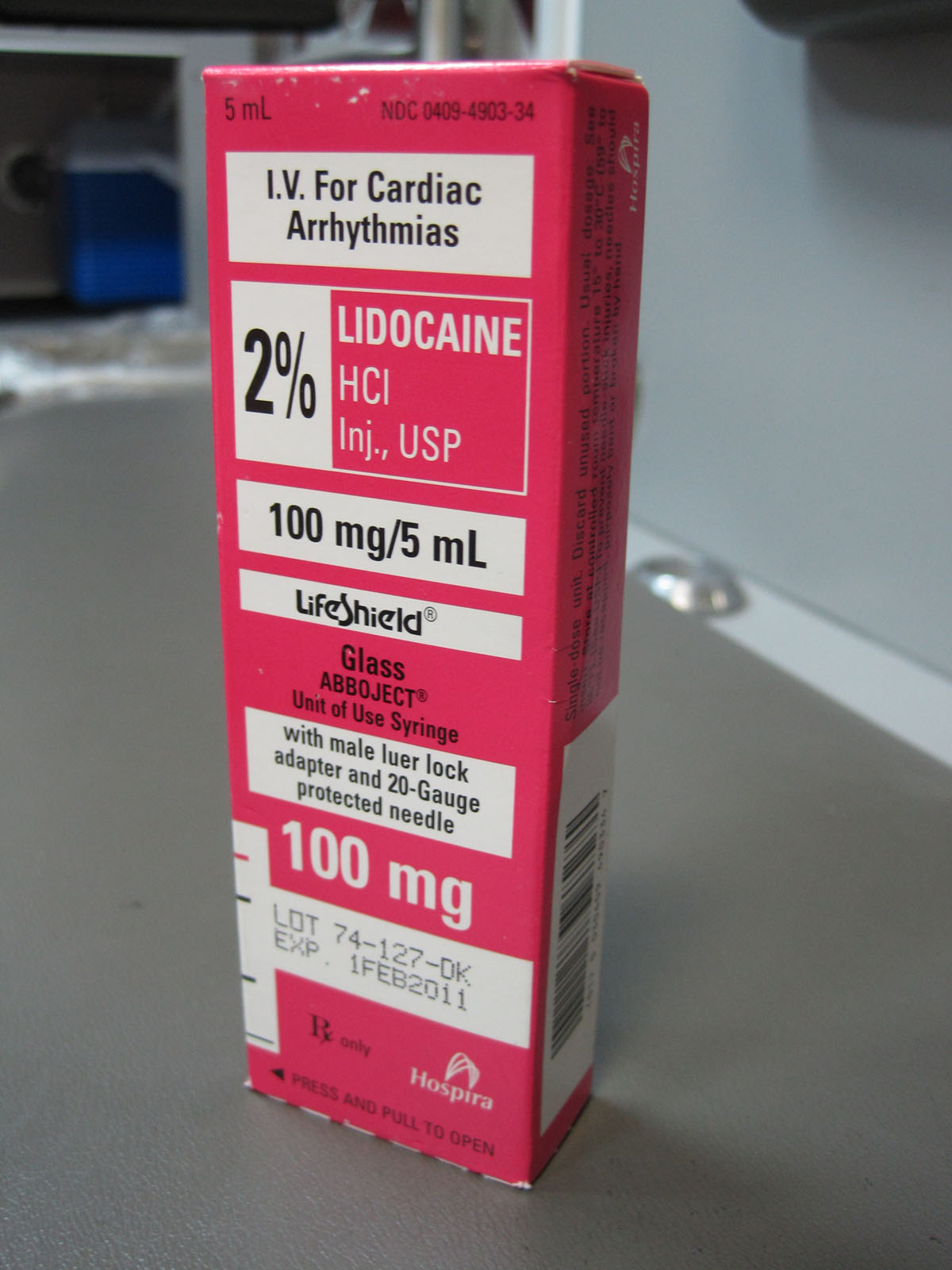
Information on Lidocaine Cream
Lidocaine cream is a remedy that is very efficient in the treatment of certain painful sensations like, ringing in the ears, skin rashes, insect bites, itching sensations, insect bites and burning sensations. It is considered to be a temporary medication for all painful sensations, but if used for prolonged time periods or in excessive doses it can cause certain side effects. Lidocaine was first released in 1949 and is an efficient local anesthetic which usually gets administered to the skin or the mucous layer. It is commonly sold in the form of injections or cream. Some of its varieties can be purchased over the counter while certain other can be used only under professional medical supervision. Lidocaine cream is used for different types of inflammatory conditions and other skin problems. It works by blocking and decreasing the pain signals which get sent to the brain via the nervous system. It is very efficient in reducing the discomfort and painful sensations in affected areas. Its potency may last for up to two days.
Lidocaine Cream: Clinical Uses
Lidocaine cream relieves the pain instantly, over the course of only a few minutes. Lidocaine always needs to be applied in appropriate amounts prescribed for a specific period of time in order to avoid any unwanted side effects. One should always follow all the directions concerning the administration of the medicament. Lidocaine cream may also come in very handy for those who suffer from painful hemorrhoids. It can also be used by those who suffer from the symptoms of tinnitus. Lidocaine cream is also used for relieving a medical condition known as postherpetic neuralgia. One should always consult the doctor before using lidocaine in any form. Pregnant women should avoid using lidocaine if possible. Lidocaine cream should not be ingested as it may result in certain medical complications which may even be fatal.
Lidocaine Cream: Side Effects
The most common side effects of lidocaine include skin redness, tingling sensations and lightening at the affected areas. Severe allergic reactions may also occur and they can be characterized by symptoms such as breathing discomfort, nervousness, dizziness, swelling and the formation of blisters.


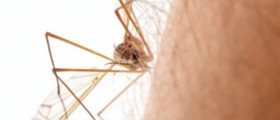

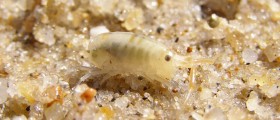



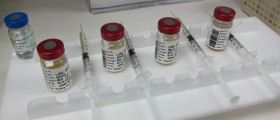



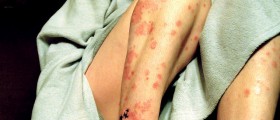




Your thoughts on this
Loading...